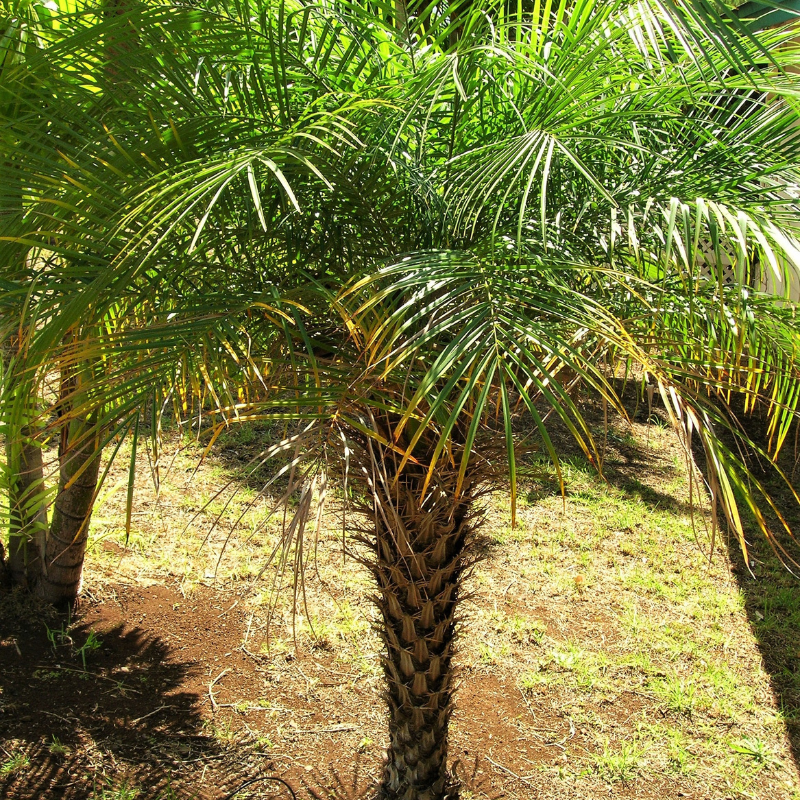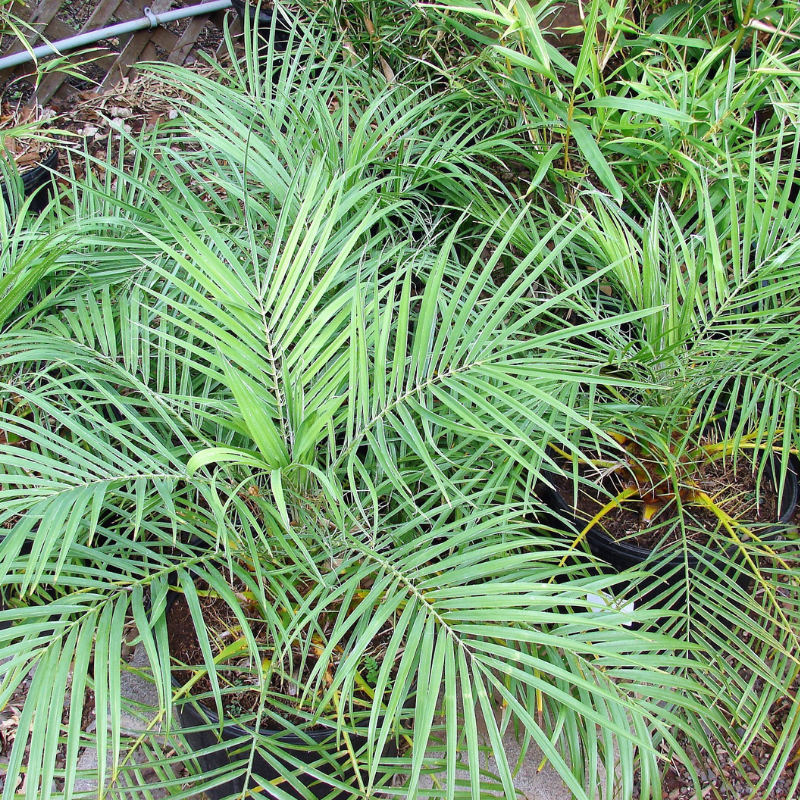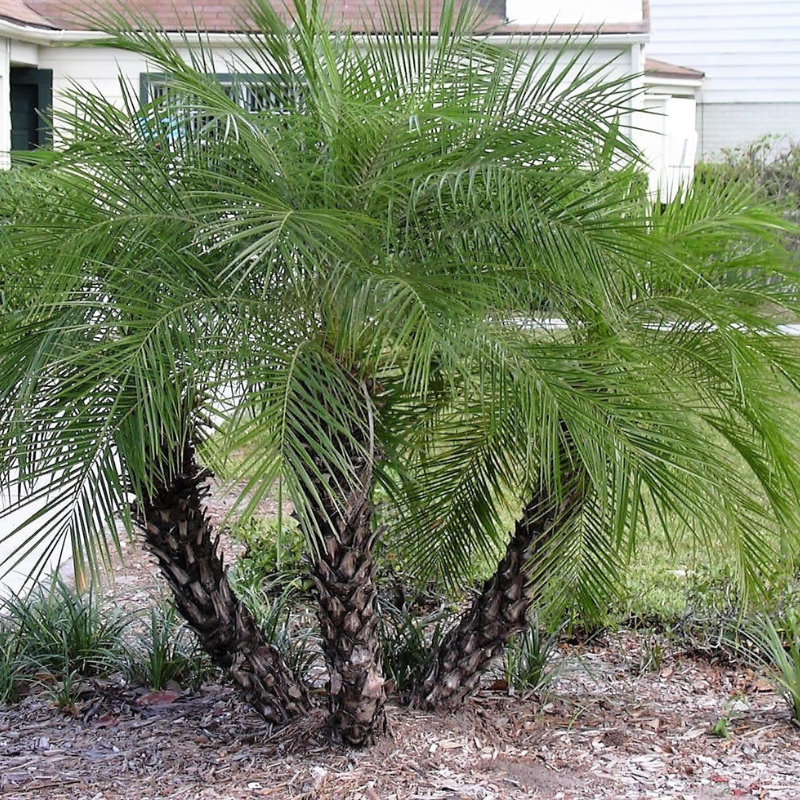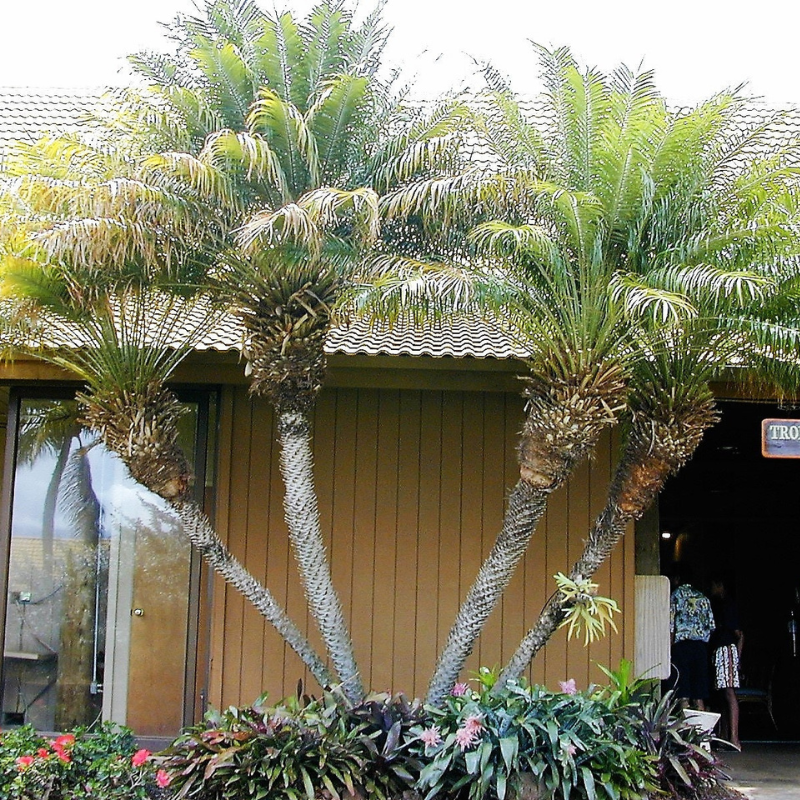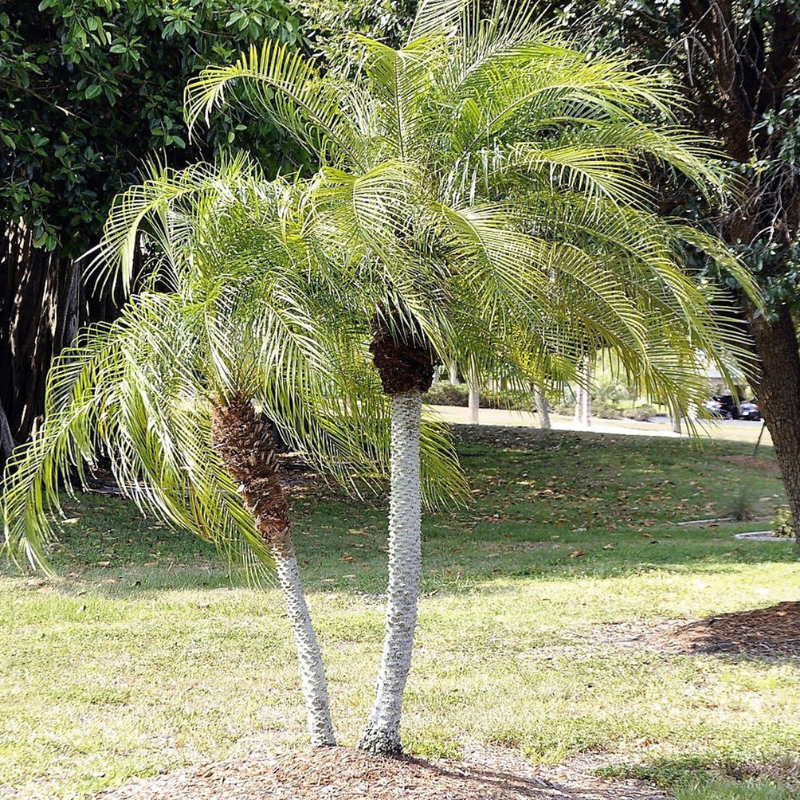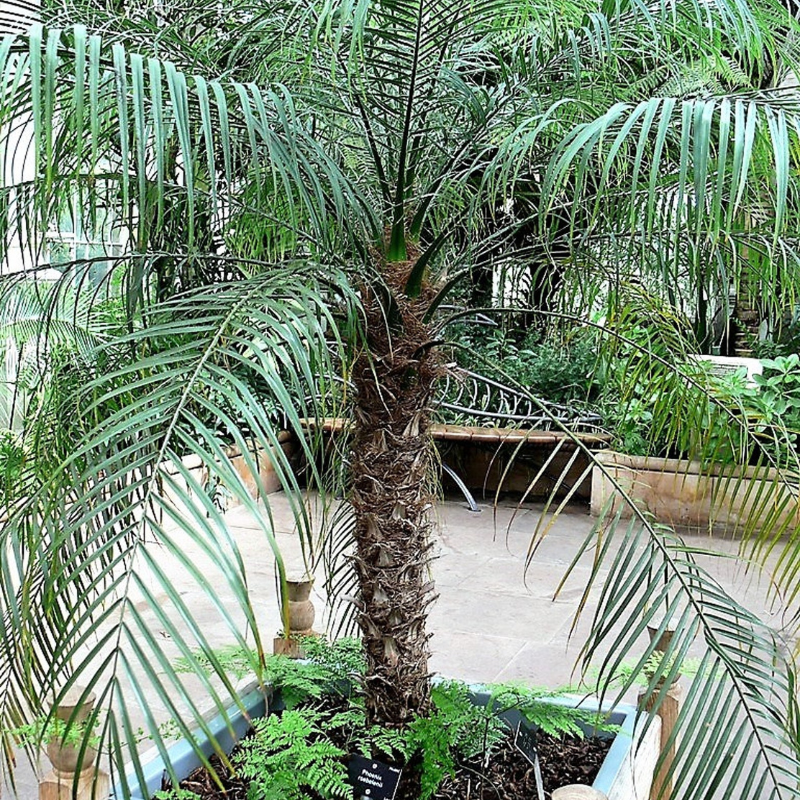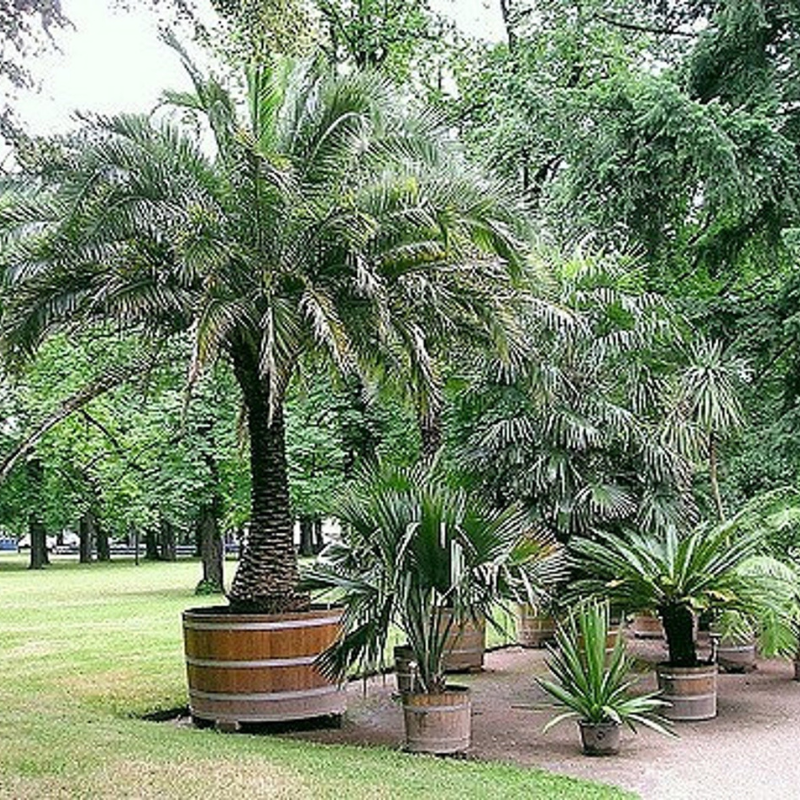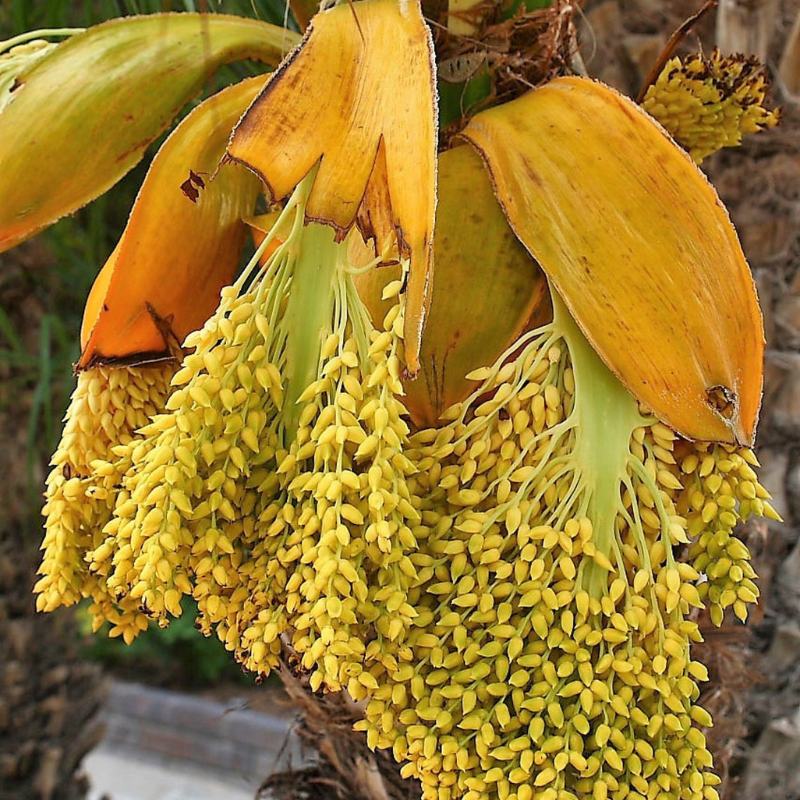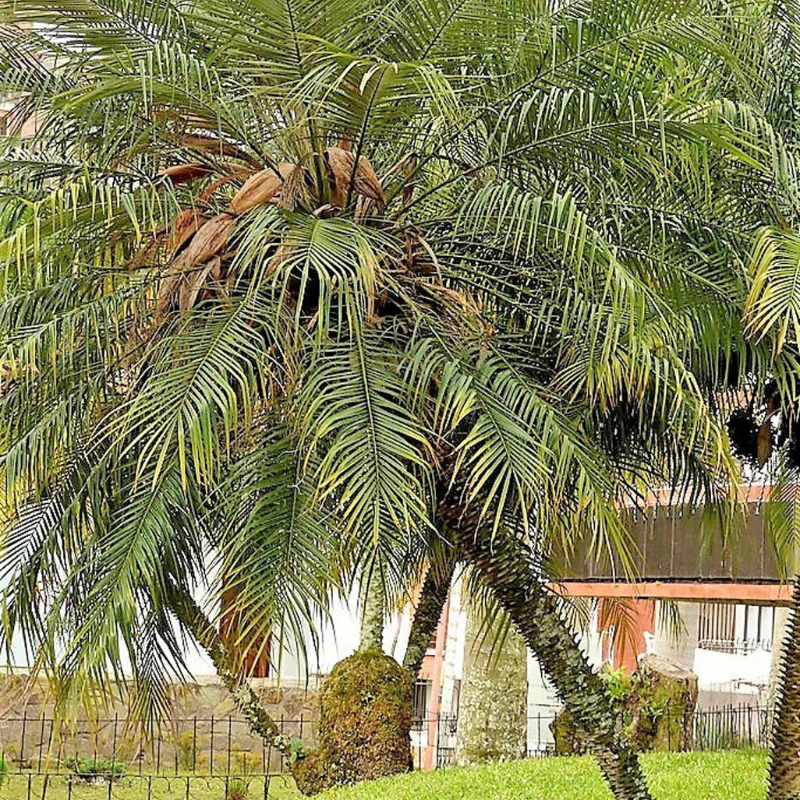- Historical context: Date palm trees (Phoenix dactylifera) have been cultivated for thousands of years, with evidence of their use dating back to ancient Mesopotamia and Egypt.
- Geographical origination: The date palm is believed to have originated in the region that includes modern-day Iraq, Iran, and the Arabian Peninsula.
- Relevant cultural significance: Dates have significant cultural and religious importance in many Middle Eastern and North African cultures. They are often mentioned in religious texts such as the Quran and the Bible.
- Time period of discovery: The cultivation of date palms can be traced back to at least 4000 BCE.
- Original habitat: Date palms thrive in arid and semi-arid regions, particularly in oases and river valleys.
- Notable historical uses: Historically, dates have been used as a staple food, a source of sugar, and in traditional medicine. They were also traded extensively along ancient trade routes.
- Ideal temperature range: 25-35°C (77-95°F) is ideal for date palm growth, though they can tolerate higher temperatures.
- Soil type: Well-draining sandy loam soil is preferred. Date palms can tolerate saline soils to some extent.
- Sunlight requirements: Full sun is essential for optimal growth and fruit production.
- Watering needs: Date palms require regular watering, especially during the establishment phase. Mature trees are drought-tolerant but benefit from periodic deep watering.
- Planting season: Spring or early summer is the best time to plant date palm seeds.
- Germination time: Germination can take 2-8 weeks depending on conditions.
- Growth cycle duration: Date palms take about 4-8 years to start producing fruit and can continue to bear fruit for up to 100 years.
- Common pests and diseases: Common pests include red palm weevil and spider mites. Diseases such as Bayoud disease and Fusarium wilt can affect date palms.
- Companion planting advice: Date palms can be planted with other drought-tolerant plants like pomegranates and figs. Avoid planting with water-intensive crops.
- Common challenges and solutions: Challenges include pest infestations and soil salinity. Regular monitoring and soil amendments can help mitigate these issues.
- Nutritional values: Dates are rich in fiber, potassium, magnesium, and vitamins A and B6.
- Health benefits: They provide energy, support digestive health, and have antioxidant properties.
- Culinary uses: Dates are used in a variety of dishes, from desserts to savory stews. They can be eaten fresh or dried.
- Medicinal uses: Traditionally, dates have been used to treat ailments such as constipation, anemia, and respiratory issues.
- Other unique advantages: Date palms are also valued for their ornamental appeal and their ability to provide shade in arid environments.
